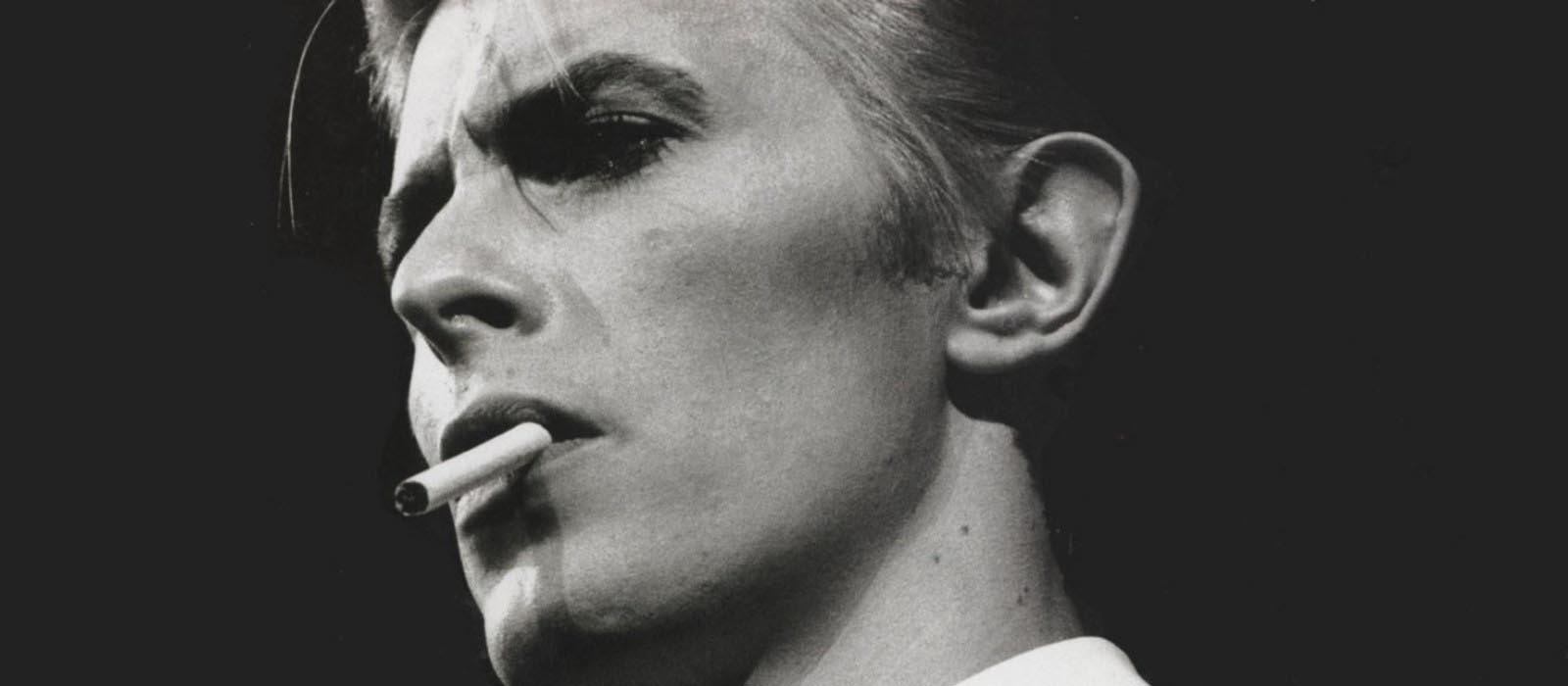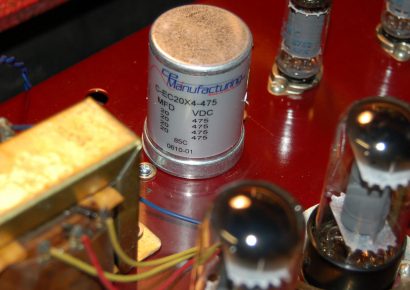One thing that has always stood out to me about David Bowie is his choice of bass players. I would consider Bowie to have had three particularly distinct bass players in his career, as well as a lot of great players who have drifted in and out of the band at one time or another. I don’t want to discount the contributions of the various great players who have worked with Bowie over the years – players like Carmine Rojas (Let’s Dance) and Erdal Kızılçay (Bhuddah of Suburbia, 1. Outside) – but I feel that there are four who have had influence on my playing personally, all in different ways.
Trevor Bolder
Bowie’s bassist from the ‘Spiders From Mars’ era, Bolder came from a generation of bass players who applied compositional elements outside of a standard rock template. Like Flea of Red Hot Chili Peppers and Michael Anthony of Van Halen, Bolder learned trumpet, and when you have this in mind you’ll hear a lot of interesting melodic choices in his bass playing that don’t sound like the usual decisions a bass player might make. He wasn’t afraid to wander about the neck, playing lines that were as important harmonically as they were rhythmically. After the Spiders, Bolder went on to Uriah Heep, with whom he played until he died of cancer in 2013.
Tony Visconti
Tony Visconti has worked with Bowie in a production capacity on many different projects, but he’s also a great bass player and has contributed a lot to the vocabulary of rock bass over the years. He also has a great handle on R&B styles, which you can hear really clearly via a particular pattern he often uses; a great place to hear it really closely is “Slow Burn” from Heathen, and once you know what I’m talking about, you’ll start to hear it everywhere. Visconti practically wrote the book on rock and grunge bass in particular, and has never really got his fair share of the credit. Want to hear the weight of his influence? Listen to his work on The Man Who Sold The World – not just the influential title track but also songs like All The Madmen and The Width Of A Circle – then listen to what players like Jeff Ament did later.
Gail Ann Dorsey
Gail Ann Dorsey is an immediately recognisable bass player oweing largely to her uncanny ability to play right on the beat with plenty of attack. There are often times where her bass playing is so solid that it effectively takes over the time-keeping role, letting the drums or percussion move around the beat a little more than they otherwise might. Dorsey has also played with Tears For Fears, The The, The Indigo Girls, The B-52s, Joan Osborne and many more. One of her alltime coolest moments has got to be her show-stealing performance from Freddie Mercury’s vocal parts in “Under Pressure” on Bowie’s Reality tour, while holding down that iconic bass line. Dorsey’s playing is also in sharp focus on Bowie’s Earthling, where the drums are often so busy and the guitars so textural that the bass drives much of the material.
George Murray
Murray played with Bowie through the second half of the 70s: that’s him on Station To Station, Low, Heroes (playing a very Tony Visconti-sounding line on the title track, unless that track’s actually Visconti?), Lodger, Scary Monsters and Super Creeps as well as the live album Stage. This was one of Bowie’s most intensely creative periods, and Murray was called on to play everything from funk and disco rhythms to abstract, avant garde pieces. It’s interesting that Bowie tends to select instrumentalists for their unique voice on their chosen instrument, such as Reeves Gabrels on guitar or Mike Garson on keys, but Murray more than any long-time band member brought a lot of variability and adaptability to his playing. You can learn a hell of a lot about the art of bass by running through each of those albums from 1975 to 1980 in order.

